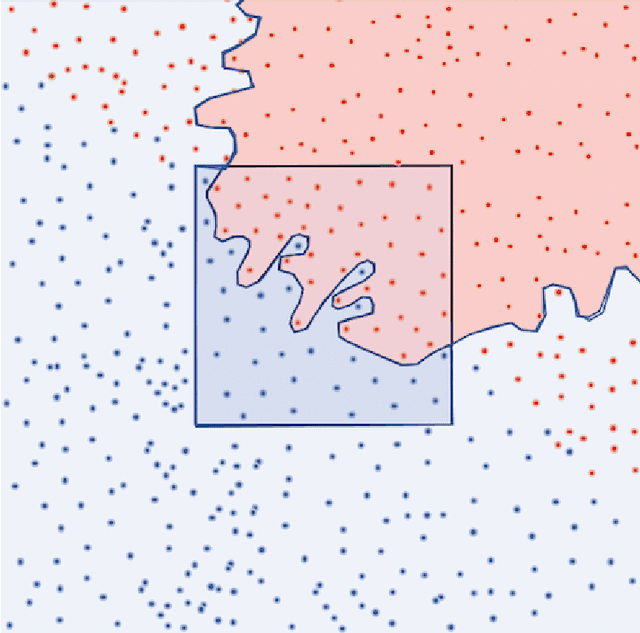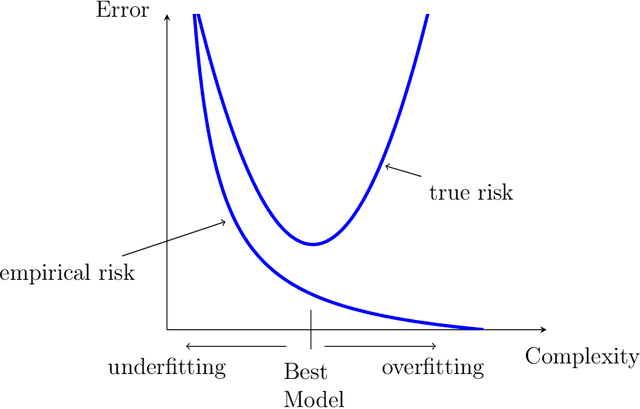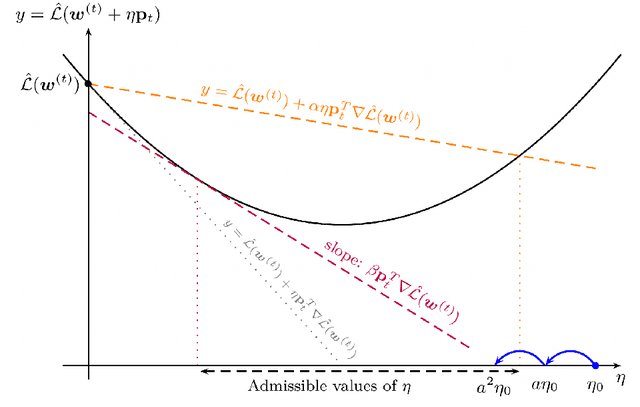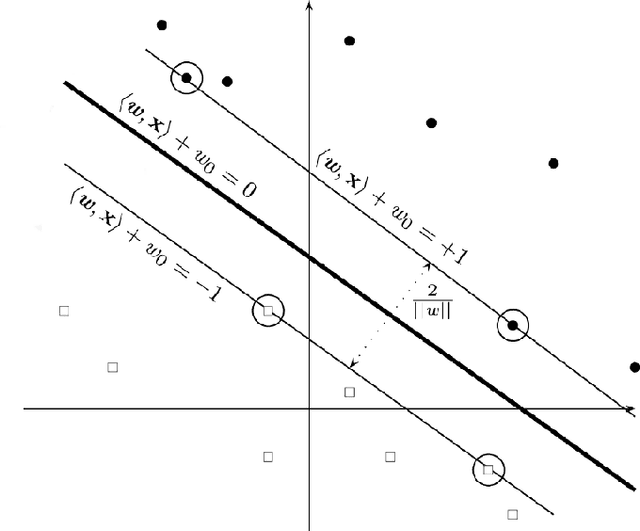Large-Scale Sequential Learning for Recommender and Engineering Systems
Paper and Code
May 13, 2022



In this thesis, we focus on the design of an automatic algorithms that provide personalized ranking by adapting to the current conditions. To demonstrate the empirical efficiency of the proposed approaches we investigate their applications for decision making in recommender systems and energy systems domains. For the former, we propose novel algorithm called SAROS that take into account both kinds of feedback for learning over the sequence of interactions. The proposed approach consists in minimizing pairwise ranking loss over blocks constituted by a sequence of non-clicked items followed by the clicked one for each user. We also explore the influence of long memory on the accurateness of predictions. SAROS shows highly competitive and promising results based on quality metrics and also it turn out faster in terms of loss convergence than stochastic gradient descent and batch classical approaches. Regarding power systems, we propose an algorithm for faulted lines detection based on focusing of misclassifications in lines close to the true event location. The proposed idea of taking into account the neighbour lines shows statistically significant results in comparison with the initial approach based on convolutional neural networks for faults detection in power grid.
 Add to Chrome
Add to Chrome Add to Firefox
Add to Firefox Add to Edge
Add to Edge